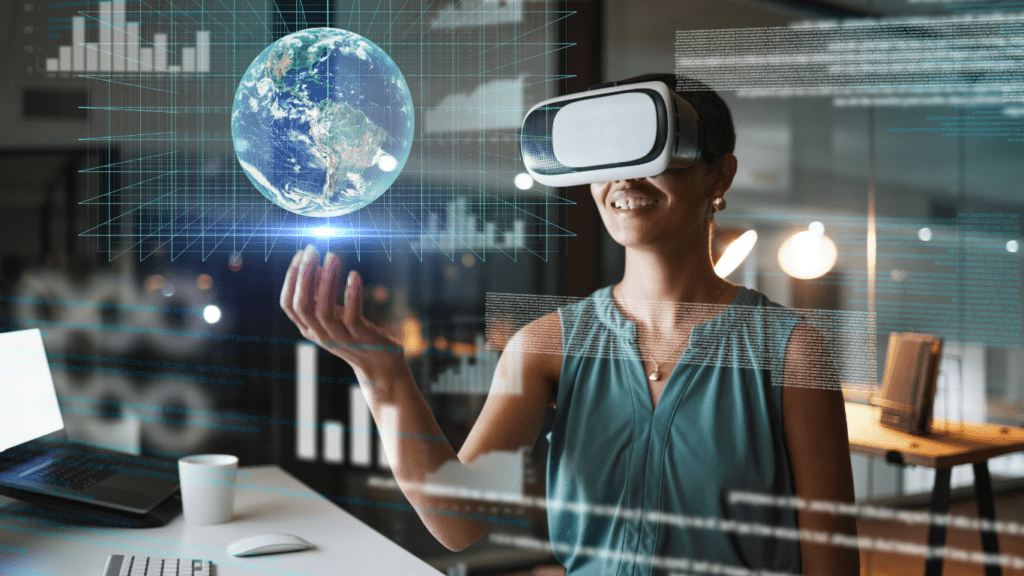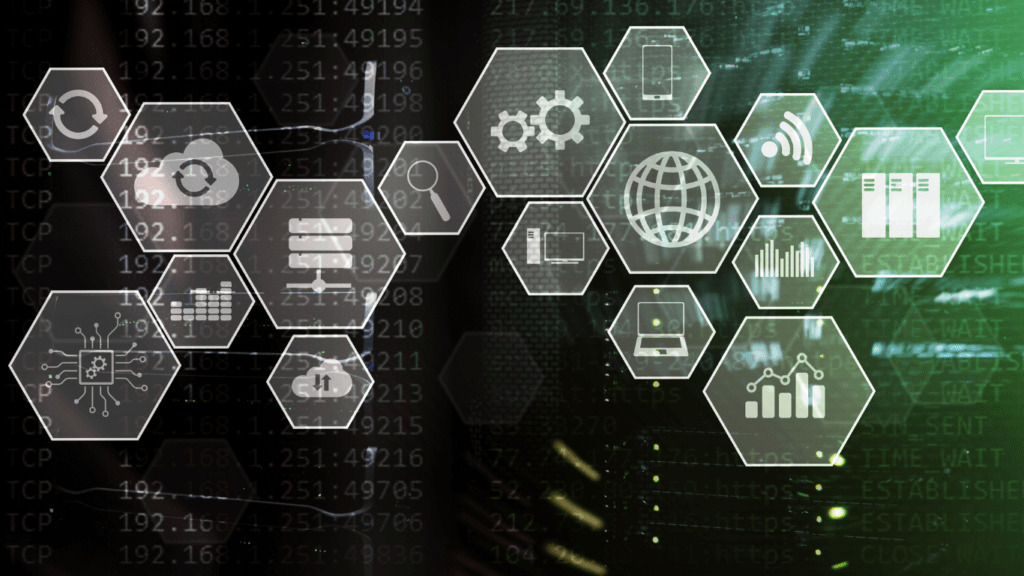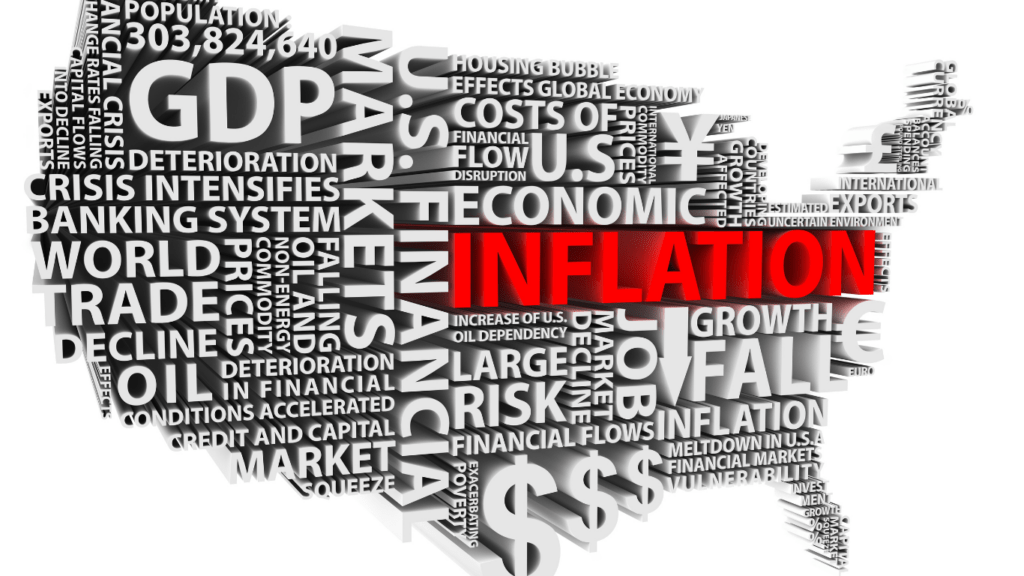Overview Of Tech Titans
Tech titans play a decisive role in shaping markets worldwide, leveraging cutting-edge technologies to innovate across industries. Companies like Apple, Google, Microsoft, and Amazon dominate global markets with advancements spanning artificial intelligence, cloud computing, and hardware solutions.
Their innovations redefine industry standards and consumer expectations. Apple drives mobile and wearables technology, while Google’s AI and data-driven platforms transform digital services. Microsoft excels in enterprise solutions, particularly with its Azure cloud services, and Amazon revolutionizes e-commerce and logistics with automation and machine learning.
These companies invest heavily in research and development. According to Statista, Amazon’s R&D spending reached $73.7 billion in 2022, making it the largest among tech giants. Similarly, Alphabet and Microsoft spent $39.5 billion and $24.5 billion, respectively, emphasizing their focus on innovation.
Tech titans influence economic growth by creating jobs and fostering emerging markets. For instance, their support for startups and adoption of advanced technologies have enabled faster scaling of global enterprises.
Groundbreaking Innovations By Tech Leaders
Tech leaders drive transformative changes across industries through groundbreaking innovations. Their advancements redefine market dynamics and consumer experiences.
Artificial Intelligence And Machine Learning
AI and ML, spearheaded by tech giants like Google and Microsoft, power tools like Google Search and Azure AI. These technologies enable predictive analytics, natural language processing, and computer vision for industries from healthcare to finance. Google’s BERT and OpenAI’s GPT models, for example, have transformed language understanding and conversational AI applications. In 2022, Microsoft invested $10 billion in AI research, emphasizing the importance of these technologies.
Blockchain And Cryptocurrencies
Blockchain innovations by companies like IBM and Coinbase improve transaction security and transparency. IBM’s blockchain solutions streamline supply chains for industries like retail and food, while Coinbase facilitates cryptocurrency exchange for mass adoption. Ethereum, backed by blockchain pioneers, supports decentralized applications (dApps), transforming financial and tech ecosystems. Blockchain-based non-fungible tokens (NFTs) now redefine ownership and authentication in the digital realm.
Sustainable Technologies And Green Computing

Tech firms like Apple and Amazon lead efforts in sustainability through energy-efficient technologies. Apple uses 100% renewable energy for global operations as of 2021, while Amazon expands its Climate Pledge Fund to develop sustainable solutions. Green computing innovations, such as data centers by Google that use advanced cooling techniques, reduce power consumption and operating costs. These advancements align tech industries with environmental goals while driving economic value.
Impact On Global Markets
Tech innovations continue to reshape global economies, driving unprecedented changes across industries and influencing consumer behavior. These advancements not only disrupt established practices but also redefine market dynamics worldwide.
Disruption In Traditional Industries
Technological advancements from companies like:
- IBM
- Amazon
have upended traditional sectors. In retail, e-commerce platforms such as Amazon have supplanted brick-and-mortar stores by applying AI algorithms for personalized shopping and logistics optimization. Finance has undergone a transformation with blockchain-based solutions from firms like Coinbase, streamlining cross-border payments and enhancing transparency.
The automotive industry has embraced technologies like Tesla’s AI-driven autonomous vehicles, reducing reliance on manual operations and introducing new revenue streams for manufacturers. These disruptions challenge established players to innovate or risk obsolescence.
Shaping Consumer Behavior And Trends
- Tech giants influence consumer preferences through advanced tools and platforms.
- Apple’s product launches, driven by innovations such as the M1 chip, create demand shifts for high-performance devices.
- Social media algorithms from Meta and TikTok shape purchasing decisions by promoting products via targeted advertising.
- Wearables like Fitbit encourage health-conscious lifestyles, reflecting the larger trend of integrating technology into daily routines.
- By defining digital interactions and accessibility, tech titans continuously set new benchmarks for consumer expectations.
Challenges And Controversies
Despite their groundbreaking contributions, tech titans face significant challenges and controversies. These issues often arise from the expansive influence of their innovations.
Ethical And Privacy Concerns
Advancements in AI and data processing raise alarm over privacy violations and ethical dilemmas. Tech companies like Meta (formerly Facebook) and Google face criticism for extensive data collection practices, often sparking debates about user consent and transparency. Tools employing facial recognition or predictive analytics, such as Amazon’s Rekognition, amplify concerns about algorithmic bias and potential misuse for surveillance. Ethical challenges also surface with advancements in generative AI, like OpenAI’s ChatGPT, where misinformation and unethical content generation become potential risks. Addressing these concerns requires balancing innovation with stringent privacy protections.
Regulatory And Legal Issues
Global tech dominance invites increased scrutiny from governments and regulatory bodies. Antitrust investigations target firms like Apple, Amazon, and Google over monopolistic practices, such as App Store payment policies and search engine market control. In the European Union, the General Data Protection Regulation (GDPR) imposes strict rules on data handling, resulting in fines for tech leaders like Meta. Emerging technologies also face gaps in legislation—cryptocurrencies and blockchain solutions from firms like Coinbase navigate unclear regulatory landscapes, challenging adoption and legal compliance. These legal hurdles demand proactive measures to align business practices with evolving international standards.





